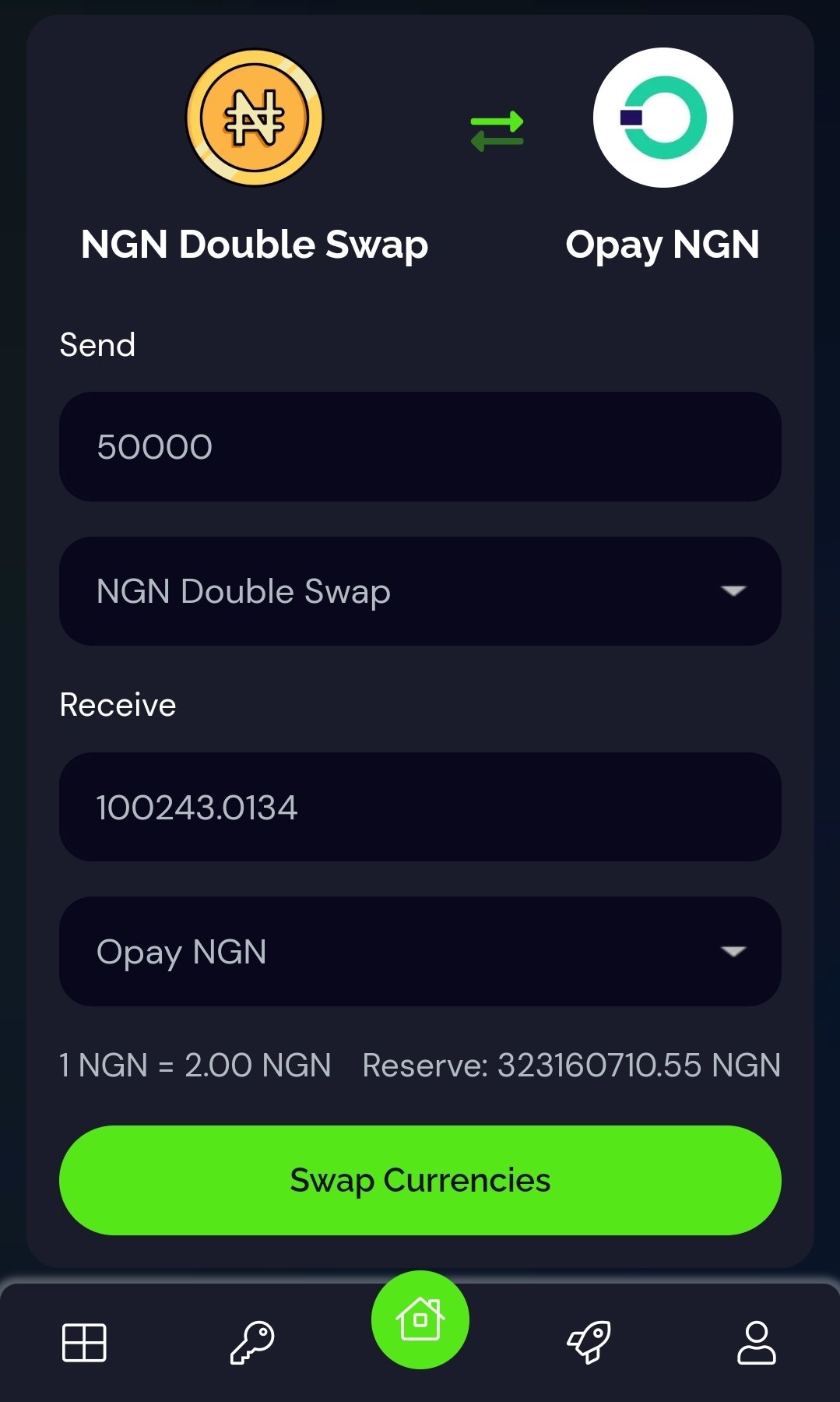The recent announcement regarding the landing cost of petrol has sparked discussions among consumers and industry stakeholders. The price has now escalated to an alarming rate of N885 per litre, which raises concerns about the economic implications and affordability for the average consumer.
Several factors have inadvertently led to this significant increase in petrol pricing. Global oil prices, exchange rates, and transportation costs are crucial determinants that can affect landing costs. As these variables fluctuate, it is necessary to assess how they directly impact retail prices at the pump.
The increase in the landing cost of petrol to N885 has profound implications for both consumers and businesses. For households, higher fuel costs affect travel expenses and the overall cost of living. Businesses, particularly those in logistics and transport sectors, may see an increase in operational costs, which could eventually lead to higher prices for goods and services. This cycle can contribute to inflationary pressures, impacting the economic landscape significantly.
In conclusion, the sharp rise in the landing cost of petrol underscores the interconnectedness of global oil markets and local economic realities. Being aware of these changes can help consumers and industry players make informed decisions in the face of rising costs.






4 thoughts on “Understanding the Recent Increase in Petrol Landing Costs”
Wow
Incredible
Very serious
Nice one
You must be logged in to post a comment.